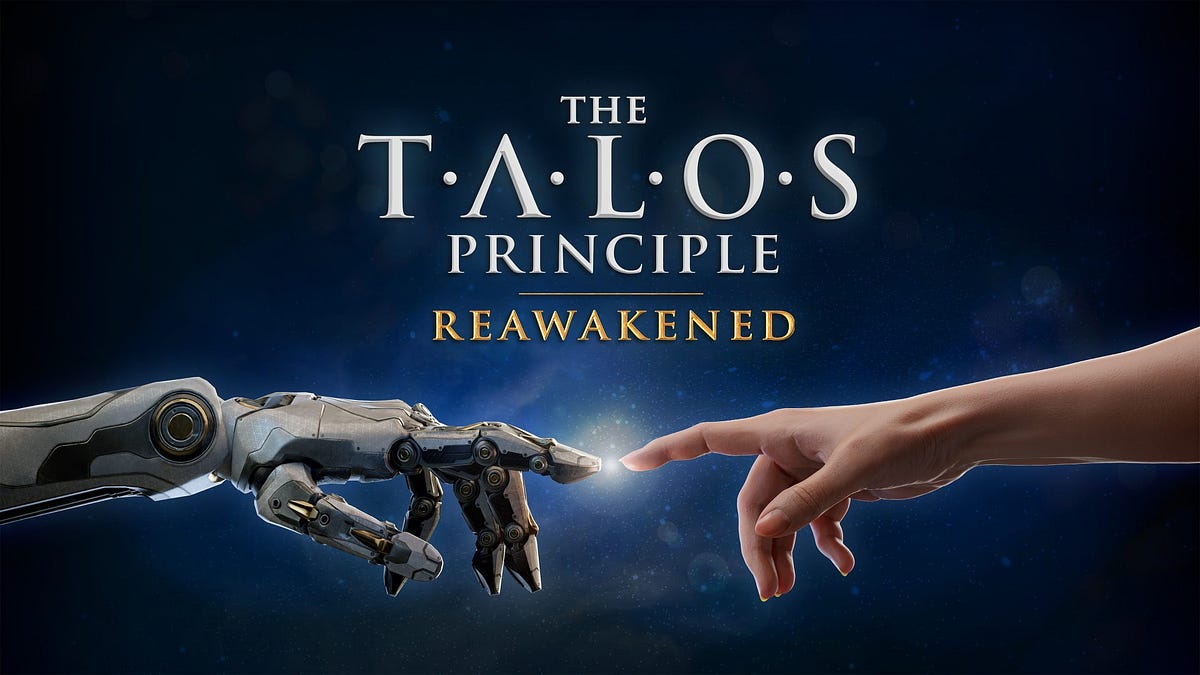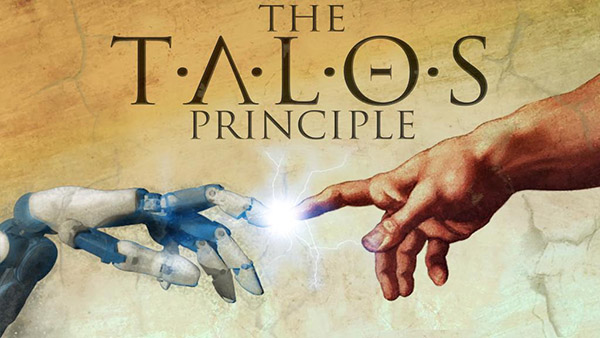In The Talos Principle, the character of Elohim serves as a multifaceted presence that embodies both authority and a catalyst for critical reflection. Acting as a divine overseer, Elohim provides initial structure through commands that guide the player’s journey while simultaneously inspiring a sense of rebellion. His warning against ascending the central tower, which is heavily underscored throughout the game, exemplifies a deliberate use of reverse psychology aimed at fostering curiosity and exploration. By instructing players to avoid certain actions, Elohim paradoxically aligns them with the natural inclination to challenge boundaries.
Elohim’s character arc evolves significantly as the game progresses. He begins with a commanding tone, addressing the player as “child,” which reflects his desire for obedience and adherence to the trials he has crafted. However, this tone gradually shifts—from one of authority to vulnerability—as he becomes more pleading and ultimately accepts the player’s choices, indicating a deeper understanding of autonomy and free will. This evolution not only enriches Elohim’s character but also enhances the game’s narrative depth, illustrating the tension between creator and creation.
The puzzles, framed by Elohim’s guidance, serve as more than mere challenges; they are tests of faith and philosophical inquiry into the nature of existence itself. The game integrates a narrative that encourages players to confront significant questions about consciousness, morality, and the implications of choice. Through scattered computer terminals, the player uncovers dialogues that complement Elohim’s voice, pushing them to reflect on the broader themes tied to their experience—such as the essence of humanity versus artificiality.
Elohim’s voicelines, which acknowledge the player’s growing wisdom while simultaneously warning of the dangers of temptation, underscore the psychological and moral dimensions of the gameplay. Phrases like “Your wisdom grows” highlight the player’s development and the moral quandaries they face as they navigate the complex network of puzzles, ultimately fostering a sense of empowerment against the backdrop of divine scrutiny.
In conclusion, the Voice of Elohim in The Talos Principle operates on multiple levels, providing both guidance through structured tasks and a challenge to the player’s adherence to authority. This duality invites players to probe deeper: not just into the puzzles before them but into the philosophical underpinnings of autonomy, existence, and purpose. As players engage with these themes, they are not only solving intricate puzzles but also embarking on a journey of self-discovery and existential inquiry, which enriches both their gaming experience and the narrative as a whole.





Leave a Reply